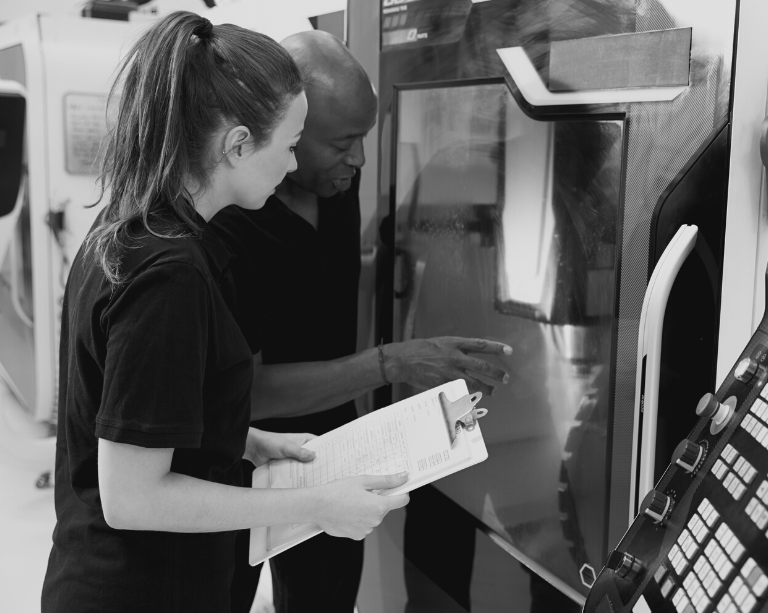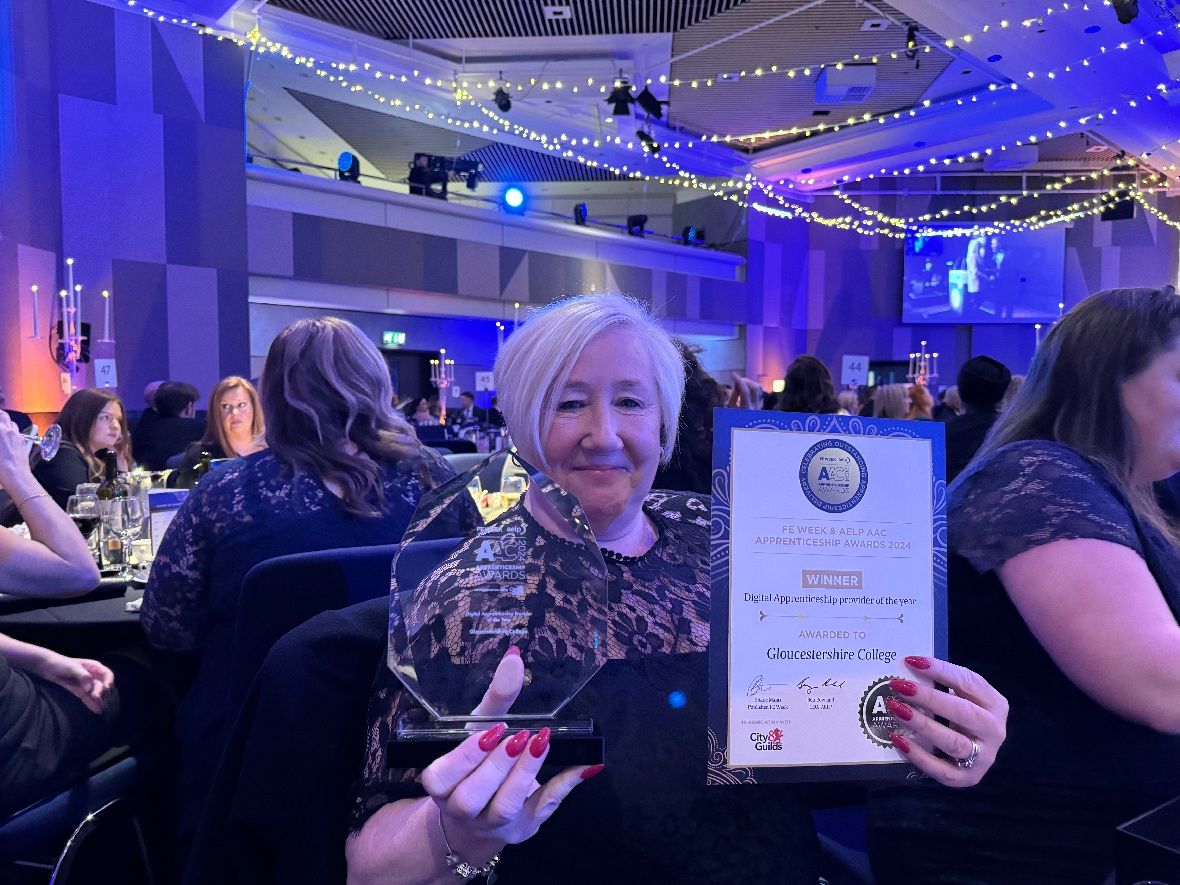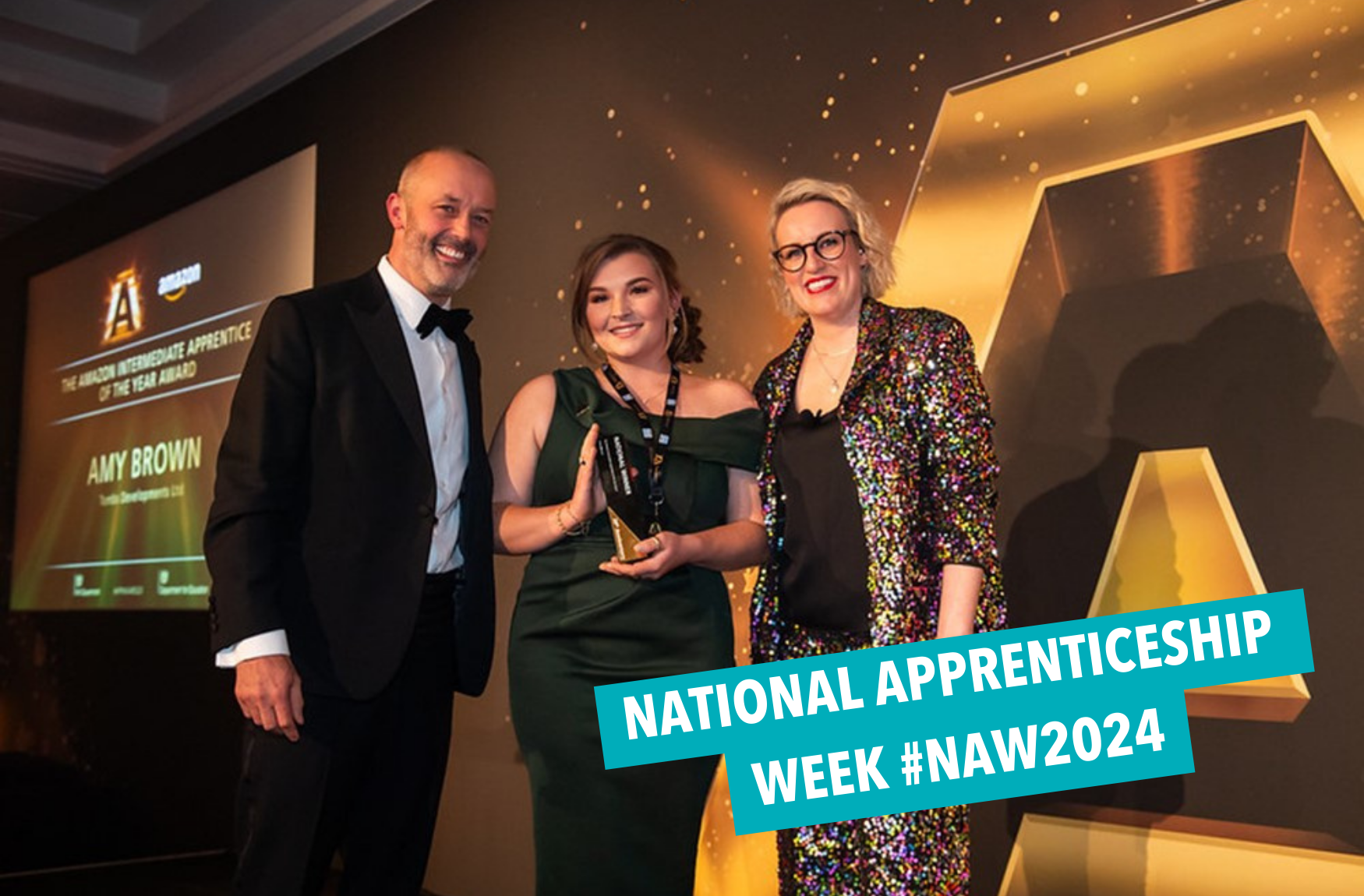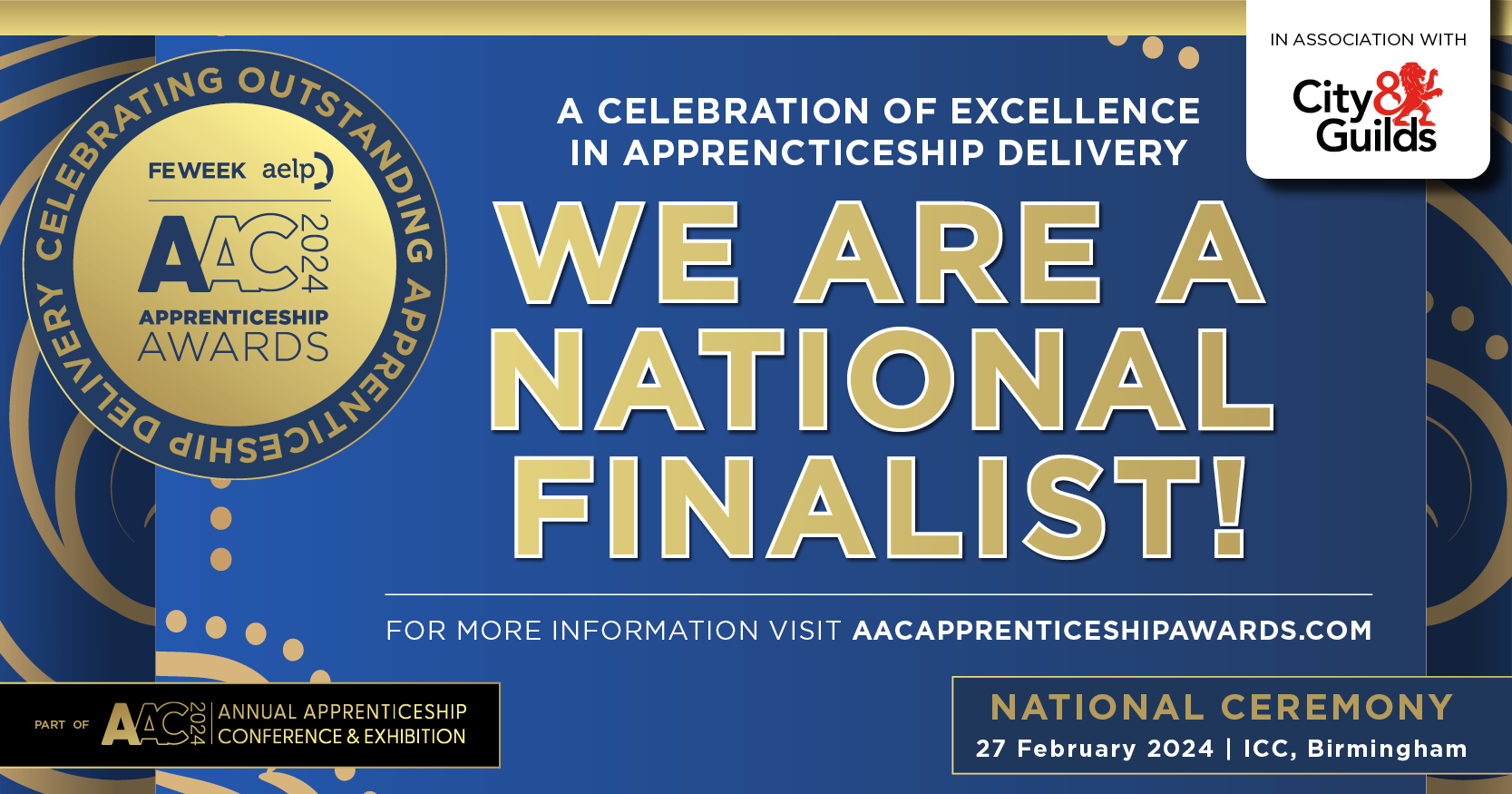9TH FEB 2023
#NAW2023 Line manager’s checklist to successful apprenticeship


Whether you are line managing a freshly recruited apprentice or an existing member of staff who is upskilling through an apprenticeship, you play an important role in their success and progress.
Here are 5 simple questions that will help you define whether your apprentice is having a good experience and developing all the required competencies; and as your training provider, we are here to guide and support you throughout the entire programme.
1. Are you giving work that relates to training
The apprentice should be spending the equivalent of 6 hours per week of their paid time on off-the-job training with the College, while the rest of their time is spent in the workplace training on-the-job. It is important that the apprentice has a clear set of objectives that are related to their apprenticeship programme. The objectives should be realistic but stretching. It is advised that these are set through a discussion with the apprentice at the start of their training.
For an existing member of the team doing an apprenticeship, it is always good to identify any work commitments that clash with scheduled apprenticeship training and support your apprentice to make any changes needed.
2. Are you engaged with training
Make sure you have regular catch ups with the College about how on- and off-the-job training is going. It will help to make sure that any challenges that need to be addressed are promptly identified, and that all parties are working to the agreed plan and quality standards.
3. Do you involve apprentices in work that develops their skills, knowledge and behaviour
Each apprenticeship has a standard which outlines the main purpose and the outcomes of the programme. Understanding the standard as well as what’s being taught by the College will help you find the best ways within your organisation to ensure your apprentice is working on the relevant set of activities and tasks to prepare for their End Point Assessment. An apprentice who is always looking for ways to embed their learning or try new things is a good indication of them developing in the right direction.
4. Do you understand End Point Assessment
End Point Assessment (or EPA) is the final stage of the apprenticeship programme coordinated and conducted by an independent End Point Assessment organisation. The purpose of EPA is to confirm that the apprentice has met all of the requirements set out in the apprenticeship standard.
Depending on the assessment methods you may be required to present or contribute in some way, so make sure you understand how your apprentice will be assessed in their EPA early on in the apprenticeship and continue to liaise with the College throughout so that you and your apprentices are prepared.
5. Do you give both constructive and positive feedback
Managing performance is crucial to the relationship between a manager and their apprentices. A good practice will be to hold regular meetings between you and your apprentice to offer feedback to recognise and celebrate good work and achievements, as well as to encourage progress and identify possible problems.
If you need any advice and support, our experienced Employer Training & Apprenticeships team is always happy to help with any aspect that relates to your apprentice and their training programme with your organisation.
Discuss your employer training needs
Email: employer.training@gloscol.ac.uk
Call: 0345 155 2020
Visit: www.gloscol.ac.uk/employers
Adapted from Line Manager Guide to Apprenticeships by Learning and Work Institute












